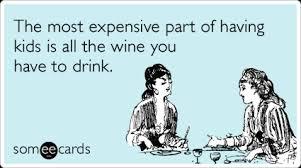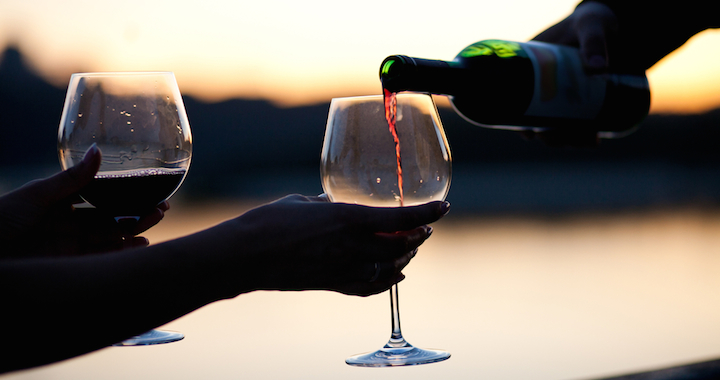Growing up, 18 was the Age At Which It All Happened. At 18, I could vote. At 18, I could drive. And at 18, I could legally purchase alcohol.
When we moved to the USA some ten years later, more than a few of my new American friends expressed surprise that our mother country could be so unwise as to allow teenagers to “drink and drive” at the same time. My honest response was that I didn’t see that it was a problem: it was (of course) illegal to drink and drive simultaneously, but that 18 was the age at which we could choose whether we would drink or drive seemed reasonable to me.
At the same time, I was grappling with a very different “drinking culture” in the college town we were in, where most of the student population were clearly too young to drink legally, but were doing so anyway. I heard more than one story of a college student nearly poisoned to death by alcohol on their 21st birthday. The drinking excesses seemed extreme to me.
And yet, the tee-totalling culture in our little Christian community seemed extreme to me too. As a volunteer in the college ministry, I was advised that if I chose to keep alcohol in my house, I should keep it out of sight in case any students saw it when they dropped in.
My husband and I tried hard to comply, but I cannot guarantee that there weren’t any occasional Merlot sightings.
Another 10 years has passed, and I find myself in a different world once again. In this world I have small children, and two of those children are now of an age where they can read my Facebook newsfeed and see things like this:


Kristen Howerton recently wrote about whether parents should tone down the drinking jokes on social media, and I took her advice to heart. The thing is: my children are learning about drinking, whether I say something about it or not.
I’m thinking, then, that it might be best for me to say something. Yes, I’m going to teach my children how to drink, because I don’t want them taught by my silence and my jokes. In particular, I want to teach them:
The WHO of drinking:
We drink with people we trust, people with whom we feel safe. If we are in a public place, we need a “buddy”. We don’t drink alone. My kids need to see this modeled at home, in real life as well as on my facebook page. It strikes me that much of our cultural joking about drinking makes it seem like a glass of wine is all about relaxing-me and rewarding-me. But as with all things: life is not about me.
The WHEN of drinking:
We need to consider the timing and context of drinking: if you’re underage, it’s not time. If you’re in the company of someone who struggles with it, it’s not time.
The WHY of drinking:
We drink to celebrate, to remember, to honor. I loved this quote from Tony Kriz:
Alcohol can be used to medicate and to numb the soul. Too many hope for a pause, to forget their many pains: heart pains, soul pains, relational pains, hopelessness, and loss. Yet the Bible doesn’t support these uses.
In the divisive church climate around alcohol, I don’t know if you choose to drink or not. But either way, the best theology of wine is that it is a metaphor of joy and heaven. It was not created to be a tool of personal and interpersonal destruction. (Teetotalers and imbibers can certainly agree on that.)
Alcohol was created to help commemorate the significant moments of life. My theology is simple: God gave us wine to remember, not to forget.
The WHAMMY of drinking:
I want to tell my kids what alcohol does: it affects the way your body processes information, and it affects our decisions. This is part of what is nice about drinking – it makes us feel light-hearted (at first). But I also want to tell them that this is what I don’t like about drinking – the feeling that I am not in control of my own body. We talk a lot about self-control in our house. I want my kids to know that self-control is not just a word which we use to talk about whether we drink. Self-control is also the thing we increasingly forfeit if we have too much, and as a Christian that is concerning.
Related: Does Jesus Heal Drug Addicts?
I haven’t yet decided whether teaching my kids about drinking will mean we let them sip from our glasses as teens in the safety of home, as my parents did. But for sure, it means we’re going to talk about it rather than smirk about it. When it comes to my kids’ “script” on the topic of alcohol, I want to be the primary author.
Their education about alcohol will not begin when they are 18, or 21, or whatever the legal age might be. Their drinking education begins now: theory first, and practice in the years to come.
This post first appeared on the author’s blog

